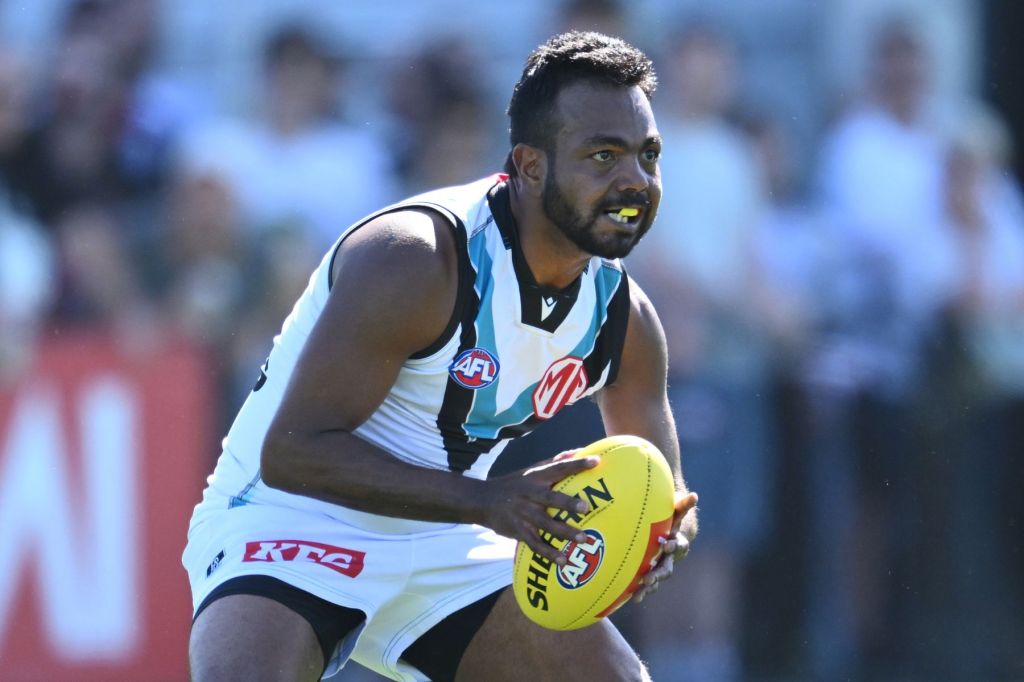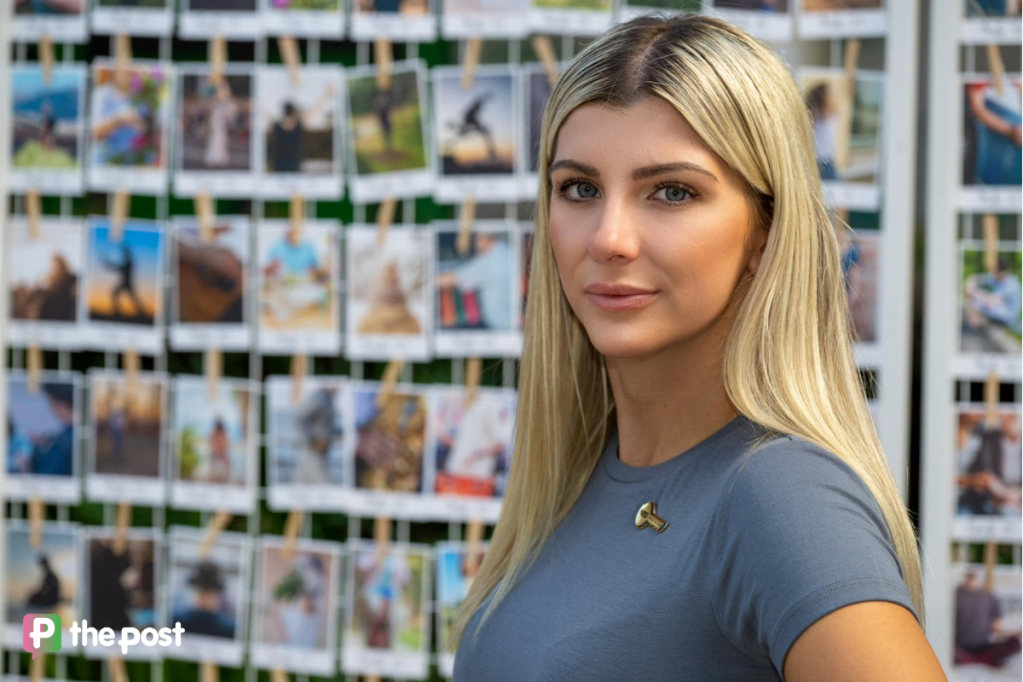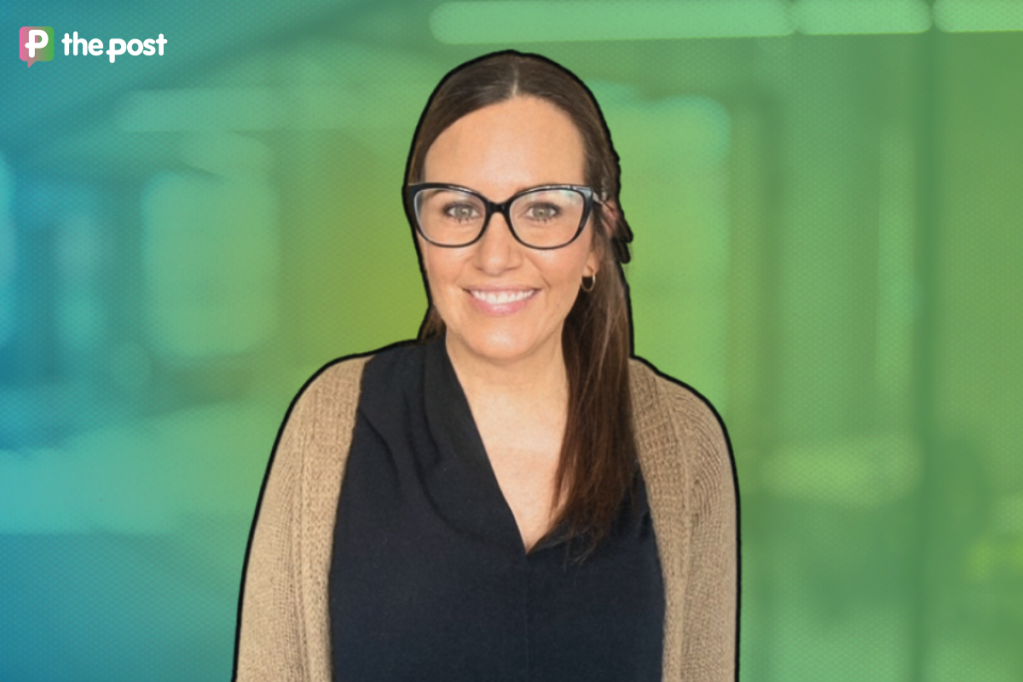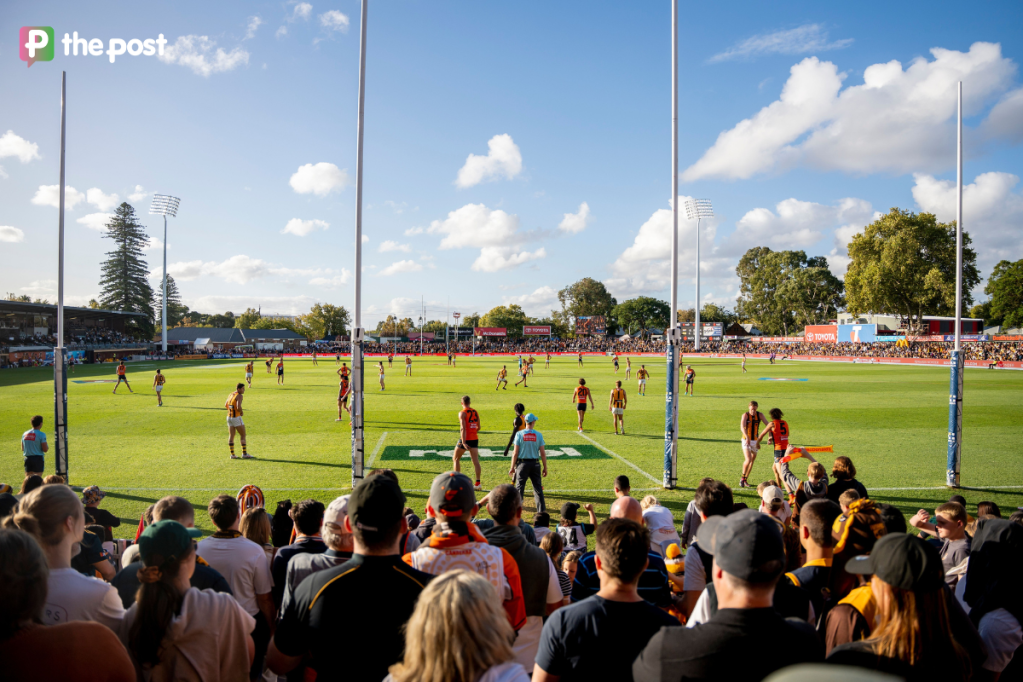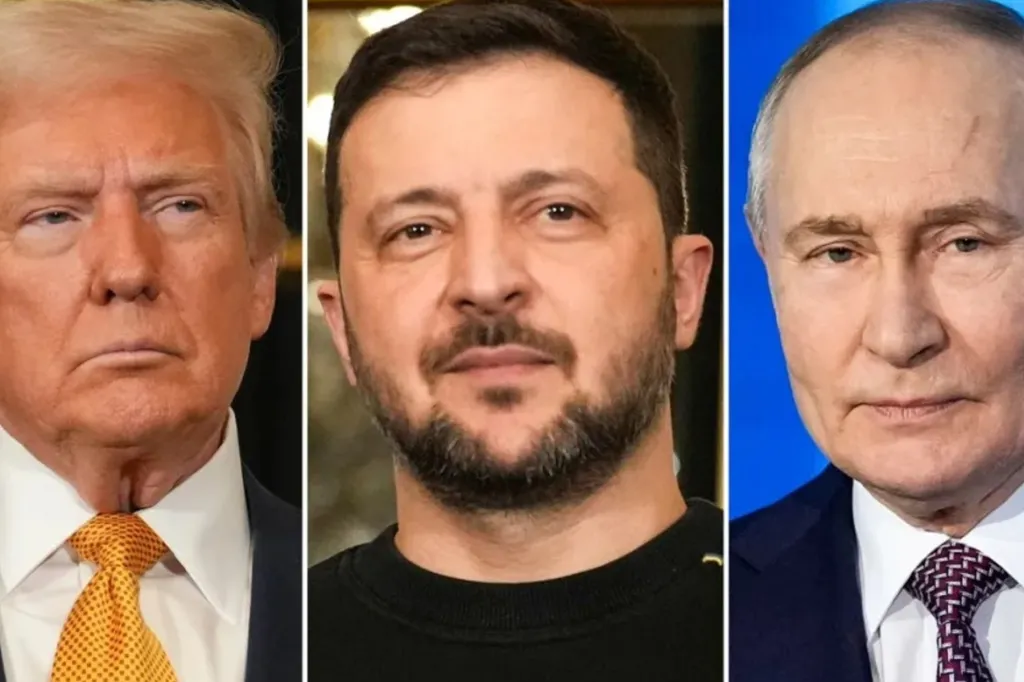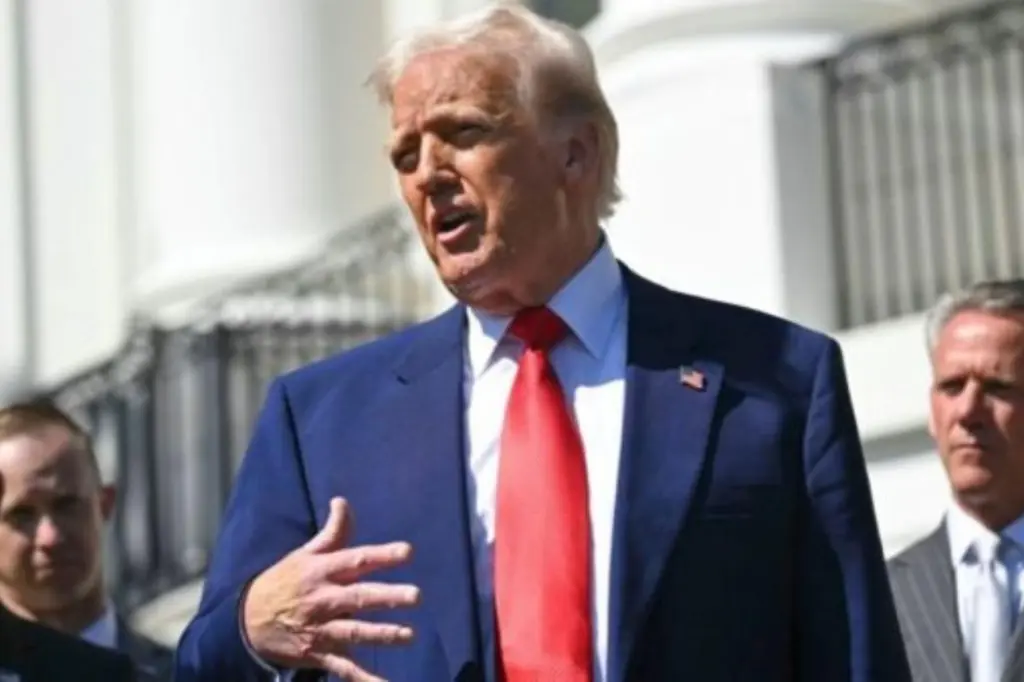Mark Zuckerberg takes stand in historic Meta trial
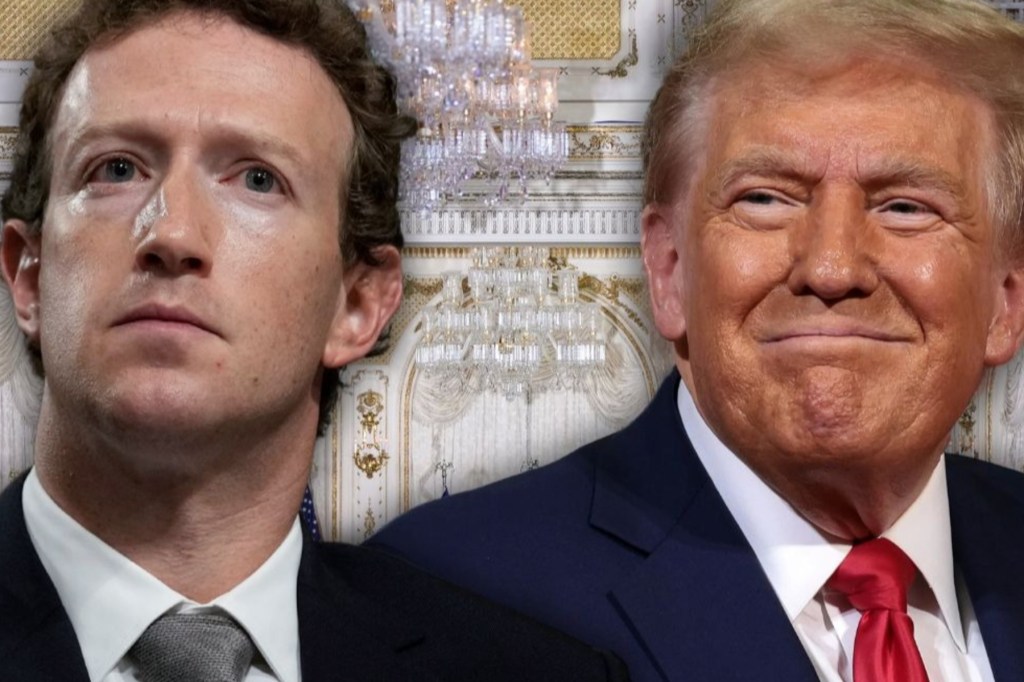
Meta CEO Mark Zuckerberg has taken the witness stand on the first day of a historic antitrust trial to defend his company against allegations it illegally monopolised the social media market.
The trial could force the tech giant to break off Instagram and WhatsApp, startups Meta bought more than a decade ago that have since grown into social media powerhouses.
US Federal Trade Commission lawyer Daniel Matheson called Zuckerberg as the first witness, as it seeks to prove that Meta acquired Instagram and WhatsApp to preserve its monopoly in the social networking space.
At the trial on Monday (local time), Matheson focused on a communication sent to colleagues that illustrated Zuckerberg’s frustration with a lack of progress on developing a photo-sharing app to compete with Instagram’s.
“The way I read this message is that I’m not happy about how we’re executing on that project,” Zuckerberg said.
Matheson followed up by asking if that was because of Instagram’s rapid growth.
You might like
“That does seem to be what I’m highlighting,” Zuckerberg said, adding that he always urged his teams to do better.
Later in the day, Zuckerberg appeared frustrated when Matheson asked him about his concerns expressed about how fast Instagram was growing.
“I don’t have the full timeline of Instagram’s development in my head,” Zuckerberg said, when Matheson asked him about his mention of its growth.
“You could probably get that better from somebody else.”
Matheson also asked about comments on plans to keep Instagram running, while focusing on Facebook and not investing in Instagram. Zuckerberg said he wouldn’t characterise it as a plan, and insisted that Instagram wasn’t neglected.
Stay informed, daily
“In practice, we ended up investing a ton in it after we acquired it,” Zuckerberg, who testified most of the afternoon, said.
In opening statements, Matheson said Meta has used its position to generate enormous profits even as consumer satisfaction has dropped. He said Meta was “erecting a moat” to protect its interests by buying the two startups.
Meta lawyer Mark Hansen said the FTC was making a “grab bag” of arguments that were wrong. He said Meta had plenty of competition and had improved the startups it acquired.
“This lawsuit, in summary, is misguided,” Hansen said, adding: “any way you look at it, consumers have been the big winners.”
The trial is the first big test of Donald Trump’s Federal Trade Commission’s ability to challenge Big Tech.
The lawsuit was filed against Meta — then called Facebook — in 2020, during Trump’s first term. It claims the company bought Instagram and WhatsApp to squash competition and establish an illegal monopoly in the social media market.
Meta, the FTC argues, has maintained a monopoly by pursuing Zuckerberg’s strategy, “expressed in 2008: ‘It is better to buy than compete’. True to that maxim, Facebook has systematically tracked potential rivals and acquired companies that it viewed as serious competitive threats”.
Facebook also enacted policies designed to make it difficult for smaller rivals to enter the market and “neutralise perceived competitive threats”, the FTC says in its complaint, just as the world shifted its attention to mobile devices from desktop computers.
Facebook bought Instagram – then a scrappy photo-sharing app with no ads and a small cult following – in 2012.
The $US1 billion ($A1.6 billion) cash and stock purchase price was eye-popping at the time, though the deal’s value fell to $US750 million ($A1.2 billion) after Facebook’s stock price dipped following its initial public offering in May 2012.
Instagram was the first company Facebook bought and kept running as a separate app.
